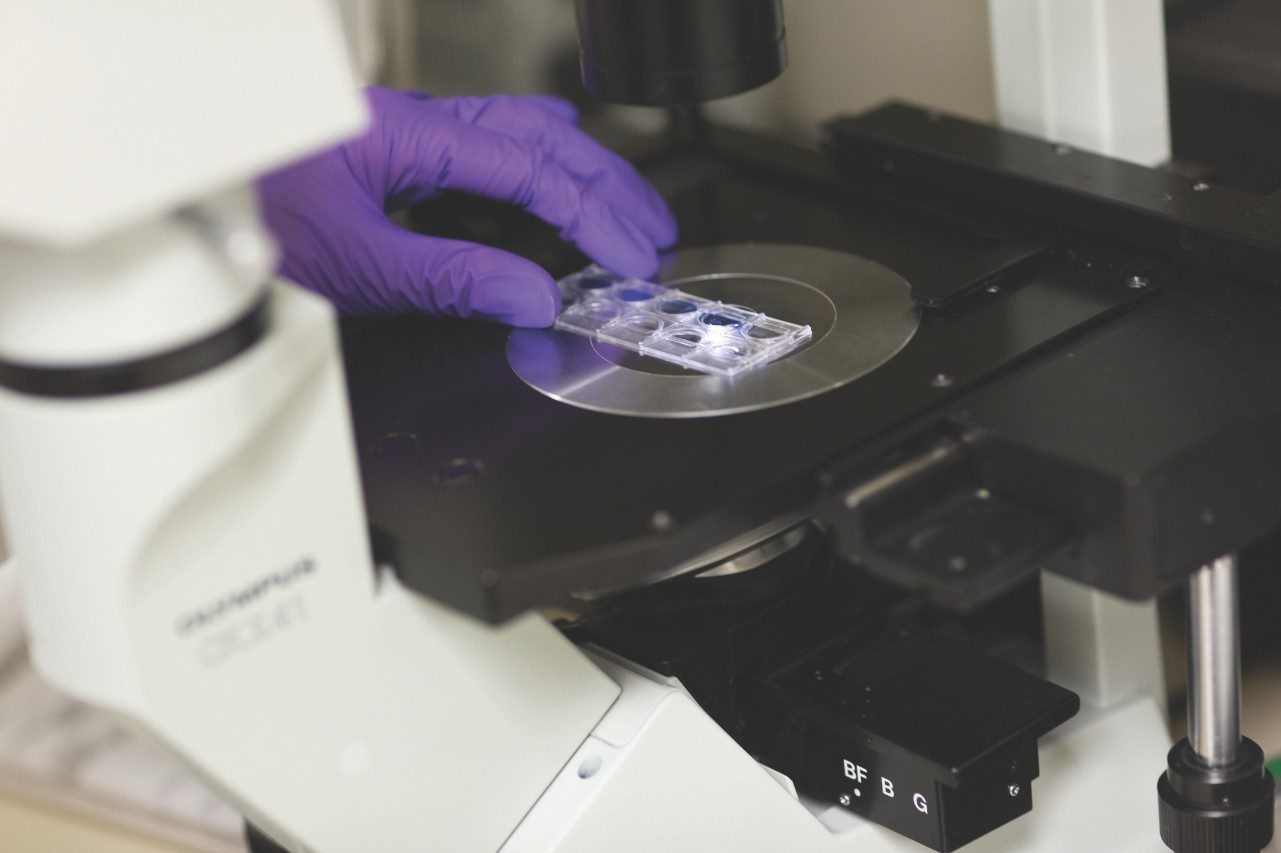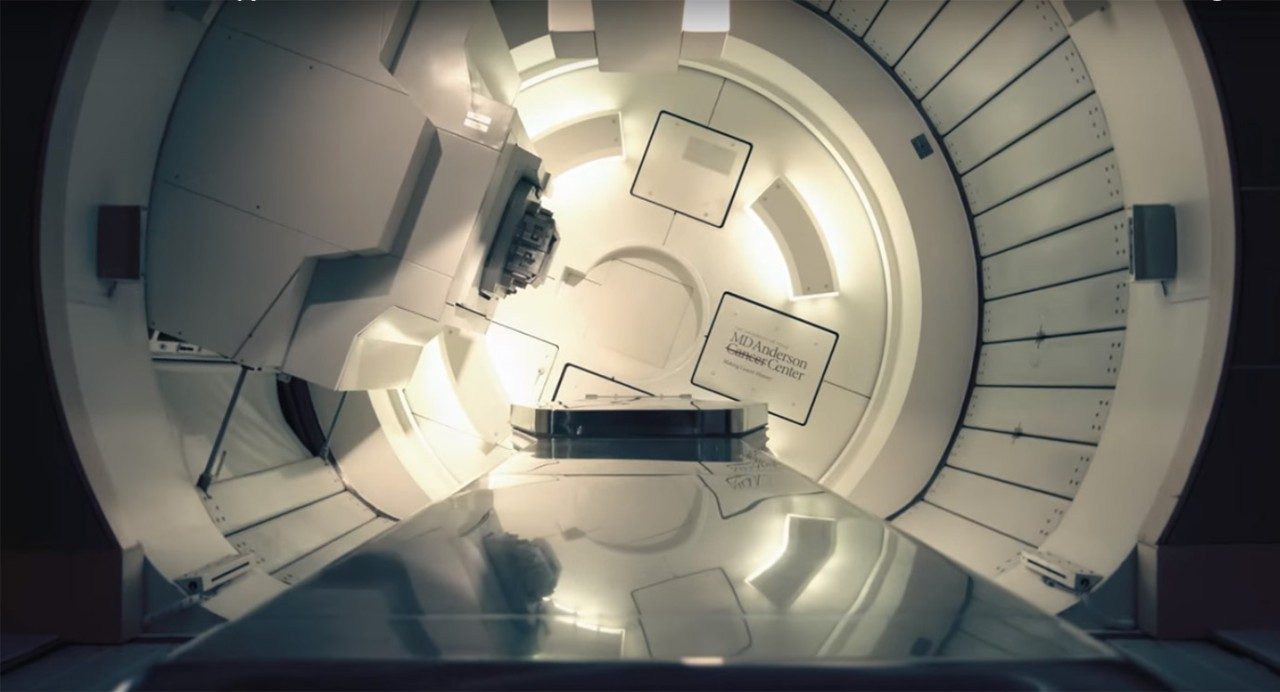Survival instinct
Researchers discover a metabolic mechanism for resistant pancreatic cancer
Knock out a genetic mutation that’s a driving force behind pancreatic cancer, and a few cells hunker down in the resulting scar tissue, nibbling on themselves to survive before roaring back as a therapyresistant disease that taps their normal powerhouses to thrive.
In a paper published online in the journal Nature, MD Anderson scientists reveal this mode of metabolic resistance to targeted cancer therapy and a way to attack it. Their findings raise the possibility of combining a drug that inhibits the function of mitochondria, the cell’s main energy producers, with targeted therapies to thwart pancreatic cancer recurrence.
“Targeting mitochondrial function with drugs called OXPHOS inhibitors to overcome resistance to targeted therapies would be an entirely new paradigm in cancer treatment,” says senior author Giulio Draetta, Ph.D., M.D., professor in Molecular and Cellular Biology and in Genomic Medicine.
This research was funded by the Hirshberg Foundation for Pancreatic Cancer Research, the Harvard Stem Cell Institute, the Sheikh Ahmed Bin Zayed Al Nahyan Center for Pancreatic Cancer Research at MD Anderson, the American Italian Cancer Foundation, the National Cancer Institute (NCI) of the National Institutes of Health, The Viragh Family Foundation, a Pancreatic Cancer Action Network-AACR Pathway to Leadership Fellowship and MD Anderson’s NCI Cancer Center Support Grant.



















